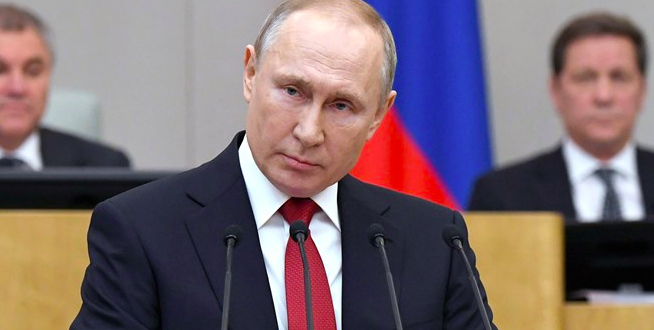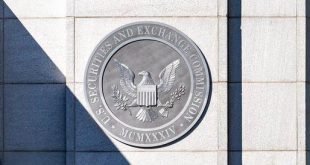Ongoing Russian developments have seen the state Duma accept the second and third readings of Bill 647044-7, significantly modifying Russia’s existing sports betting laws.
Originally presented to the Duma on 30 April, Bill 647044-7 has amended ‘federal regulations on activities for the regulation and conduct of gambling’.
Within its mandate, the bill will allow the Kremlin to implement ‘limits on types of sports events that can be wagered on’ and a further ‘increase on financial obligations of Russian sports betting licences’.
The changes stated that licensed sportsbooks will only be able to accept wagers on sports events sanctioned by official foreign and domestic governing bodies.
The bill remains unclear on its interpretation of ‘international sports organisations’ – but states that all international sports events have to be monitored by a corresponding governing body, keeping track of the event’s activities.
As a result, the Kremlin will proceed with expanding its quarterly 5% GGR tax charge on international bet types, helping fund Russia’s wide-ranging sports federations – an obligation that was formerly applied on the wagering of domestic sports events.
Further amendments have seen the Kremlin gain new legislative powers to directly suspend or terminate bookmaker licences on failure to meet tax obligations or for incumbents that have failed to register their wagering activities for a recorded period of six months.
The Kremlin has also increased the obligations of licensed bookmakers, with operators forced to maintain a minimum liability of RUB 500m (€6m) in bank guarantees, with a RUB 1bn (12m) in net assets.
The above measure was sanctioned as 14 licensed sportsbooks had been exempt of the liability clause as they had been granted their licences prior to 2010, before financial requirements had been adopted.
At present, Russia maintains 20 licensed sportsbooks approved by the Russian federal tax authority, whose transactions are monitored and recorded by the government’s SRO system.
Observing market developments, international law firm Dentons’ CIS office issued the following guidance note: “This bill will enter into force 60 days after its official publication, which will happen after the President assents to the bill and other technicalities are completed. In terms of timelines, we are looking at the new requirements taking effect in mid-autumn 2020.”









